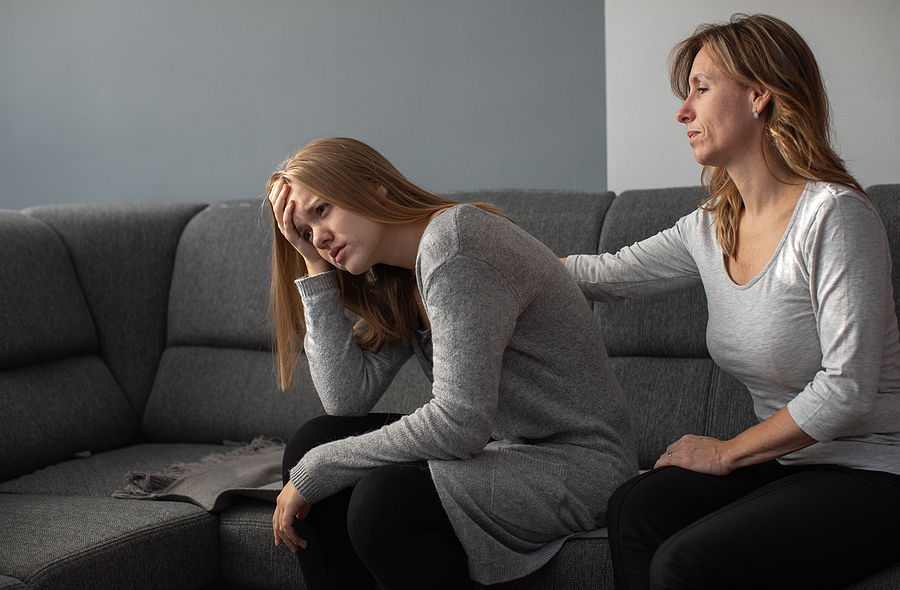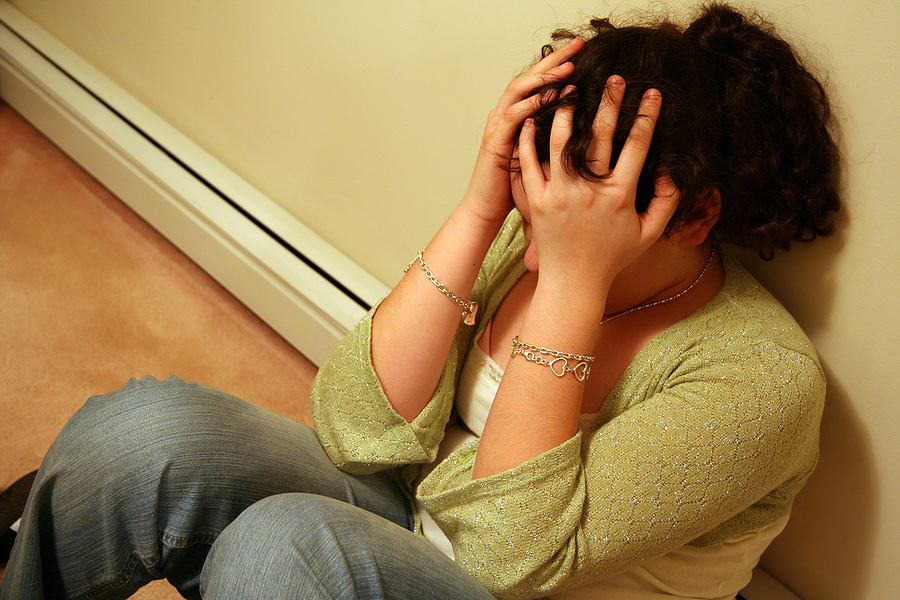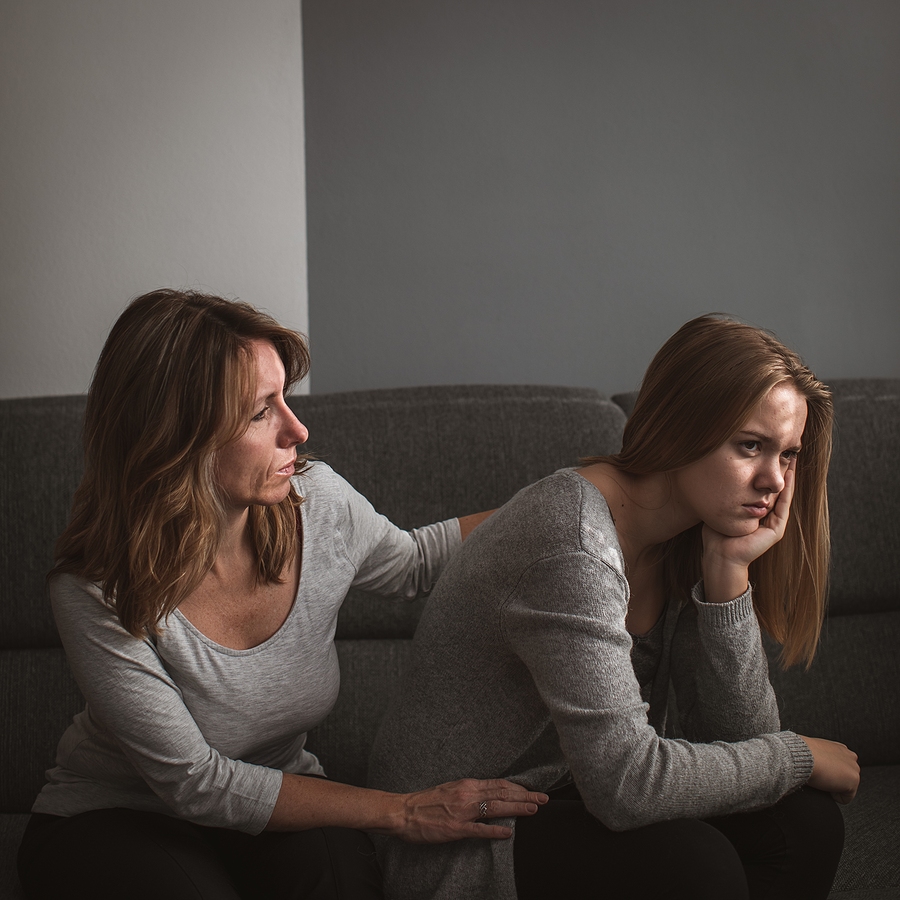Teen mental health treatment can feel overwhelming. Intensive Outpatient Programs (IOP) and Partial Hospitalization Programs (PHP) provide structured treatment and support for adolescents struggling with mental health issues. When choosing between IOP and PHP, we explain the differences between intensive outpatient vs. partial hospitalization for teens so you can make an informed decision that meets the level of care your teen needs.
Differences Between IOP and PHP Programs
IOP and PHP programs differ in intensity and time commitment. PHP provides a higher level of care. Teens in a PHP attend treatment for most days of the week, several hours per day. This schedule allows for more therapy sessions and closer medical supervision. An IOP provides structured treatment with fewer hours per week. Teens attend therapy sessions and group meetings a few times per week.
IOP and PHP programs are designed for different levels of intensity. A more severe situation might benefit more from a PHP program that provides hospital-level care for part of the program. An IOP is a better choice for cases that require a less severe intervention since an IOP is less disruptive to daily life.
How Treatment Schedules Affect Recovery
Treatment schedules determine your exposure to treatment options, and a program that offers treatment more often can lead to faster progress. PHP and IOP programs can include daily treatment options, so choosing between IOP and PHP should be more focused on the schedule of the program rather than which type it is.
PHPs tend to offer daily and more intensive sessions designed for fast stabilization and support. An IOP tends to have a more spaced-out schedule with less-intensive treatment options. IOP allows teens to maintain daily routines, such as attending school or participating in activities.
Conditions and Symptoms Treated in Each Program
IOP and PHP address a wide range of mental health conditions. They treat anxiety disorders, depression, eating disorders, and trauma-related disorders. PHP suits teens with severe symptoms, such as suicidal thoughts, self-harm behaviors, or psychosis. The higher level of care provides close monitoring and rapid intervention when necessary.
IOP supports teens with milder symptoms or those transitioning from inpatient care or PHP. The program focuses on coping skills, symptom management, and overall functioning improvement. Both IOP and PHP offer mental health care tailored to the needs of your teen. The treatment plan addresses core challenges and supports lasting recovery.
Therapies Offered in IOP and PHP Settings
Both IOP and PHP offer multiple therapy types. Programs include:
- individual therapy
- group therapy
- family therapy
- cognitive behavioral therapy (CBT)
- dialectical behavior therapy (DBT)
- experiential therapies
The exact make-up of a therapy program changes based on the resources that are available and the professionals involved in the program. Before joining a program, take a deeper look at the therapies offered. It is an important step in making sure that a program is a good fit for your teen.
Family Involvement and Support Options
Family involvement supports teen recovery in both IOP and PHP programs. Family therapy improves communication, resolves conflicts, and educates about mental health conditions. PHP may offer more opportunities for family participation, such as psychoeducational workshops or support groups. Families gain insight into the teen’s challenges.
Learn More About Behavioral Health Services for Teens
Professional help supports teens facing mental health or substance use challenges. Connect with behavioral health experts to explore treatment options and create a plan designed for your teen. Teens with mental health challenges deserve care that addresses their specific needs and supports long-term well-being. Contact Alis Behavioral Health by calling (888) 528-3860 or using our online contact form.
















